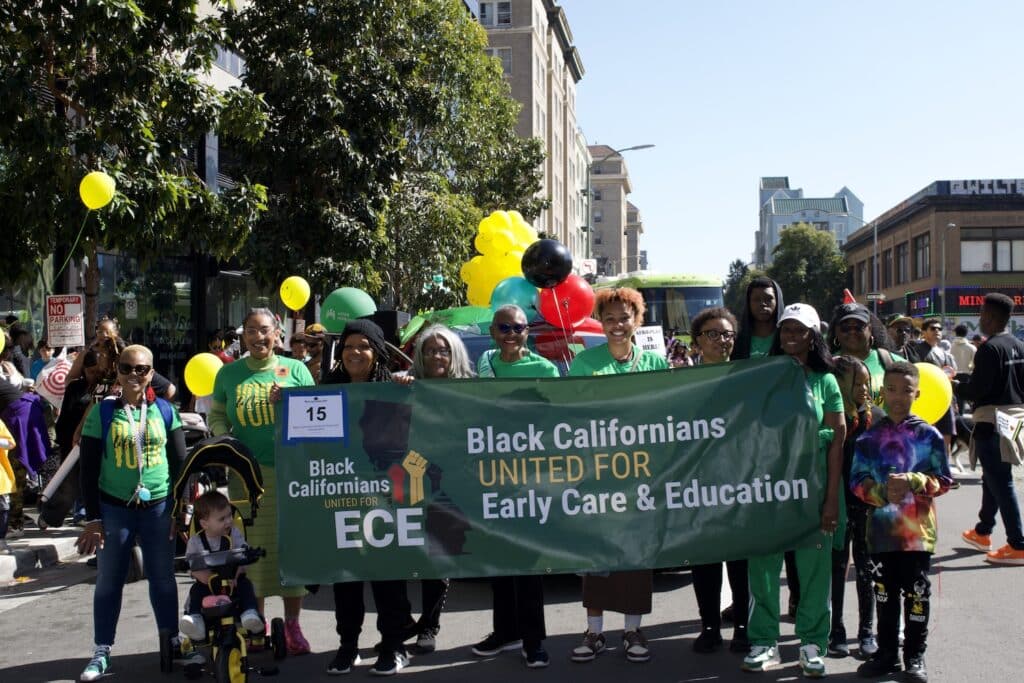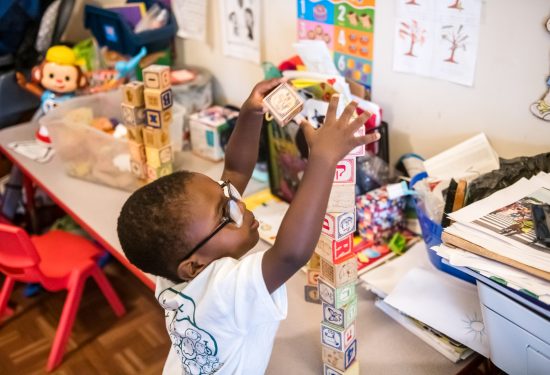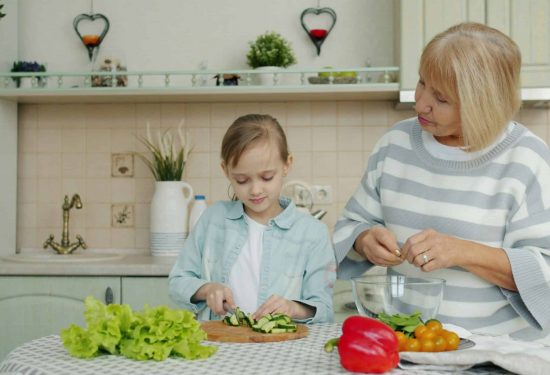In the summer of 2022, the co-founders of Black Californians United for Early Care and Education (BlackECE) came together to map out our strategic plan and realign our organization’s purpose. When the work was done, our facilitator blessed us with these words: “Our presence is a blessing to others.”
BlackECE centers Black children, Black families, and the Black early childhood education (ECE) workforce. We do it loudly and unapologetically. We know that as Black Californians we have not only the privilege, but also the responsibility, to represent our people boldly and loudly. Our work is grounded in the fact that Black child care providers today are still affected by the racist roots of child care that began during chattel slavery when our Black foremothers were forced to care for their oppressors’ children. Even though their labor was brutally forced, their oppressors trusted them to care for their children. Following the end of chattel slavery, Black women continued to care for our nation’s children for little to no wages, and sometimes received food or used clothing in exchange for their services. Historically, deeply rooted anti-Black racism allowed for the exclusion of domestic and agricultural work from equity-focused labor laws, and this continues to uphold immorally low wages for the entire ECE workforce today.
BlackECE provides space for Black early educators to stand proudly in their Blackness and the legacy of caregiving that precedes them. Data from the Urban Institute shows that providers identifying as Black or a person of color are overrepresented in home-based child care. Whether they are in family child care homes or providing kinship care, Black early educators are an integral part of our child care system. The cultural identity that many Black home-based providers share with the families in their care leads to an enhanced sense of trust and safety and care that is responsive to families’ priorities and needs. For example, consider a parent or guardian rushing to drop their Black child off in the morning with a simple hairstyle and the joy they feel later returning to pick their child up in the evening and seeing neatly cornrowed hair, reminiscent of the parent’s own childhood. When parents enter a house filled with the scent of the familiar foods that trigger fond memories of feeling right at home as they pick up their children, this strengthens the connection and trust that families have with their provider.
Our presence is a blessing to others.
In early childhood education today, policy and practice continue to disrespect and ignore the expertise of Black educators and caregivers. Our organization creates a place of belonging. Because we center Blackness, providers say that we are creating a Wakanda: an organization that gives them the confidence, courage and power to not shy away from their Blackness in their work, but to embrace the fact that their Blackness is a blessing to all of the children in their care. Their Blackness brings warmth and comfort, music and joy. It brings love! Because of our existence, Black early childhood educators are able to name what makes them sometimes feel “less than.”
Our greatest wish is that every Black early educator across the country is able to wake up each day with a soundtrack in their head that includes Say it Loud-I’m Black and I’m Proud, I Love Being Black (Chant), Don’t Touch My Hair, Brown Skin Girl, and any other song that makes them brush their shoulders off! Our wish is that when Black providers — including home-based providers — face obstacles, the strength of our foremothers and fellow Black early childhood educators will encourage them to speak out against anti-Black racism that pervades our systems, while the songs Fight the Power, or Respect play in their head as motivation. We also hope that providers remember to practice self-care and be gentle with themselves, while listening to the beat of Feeling Good.
Black early educators each bring a unique panel of ideas, ancestry, history, passion, music, language, accents and culture to the child care sector that when stitched together by our collective experiences creates a beautiful quilt that gives comfort to the children and families we so deeply love.
Indeed, our presence is a blessing to others.




